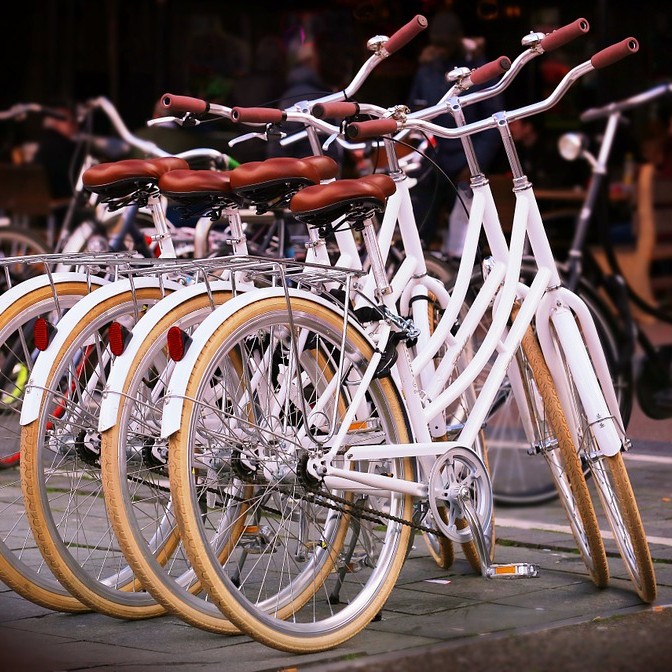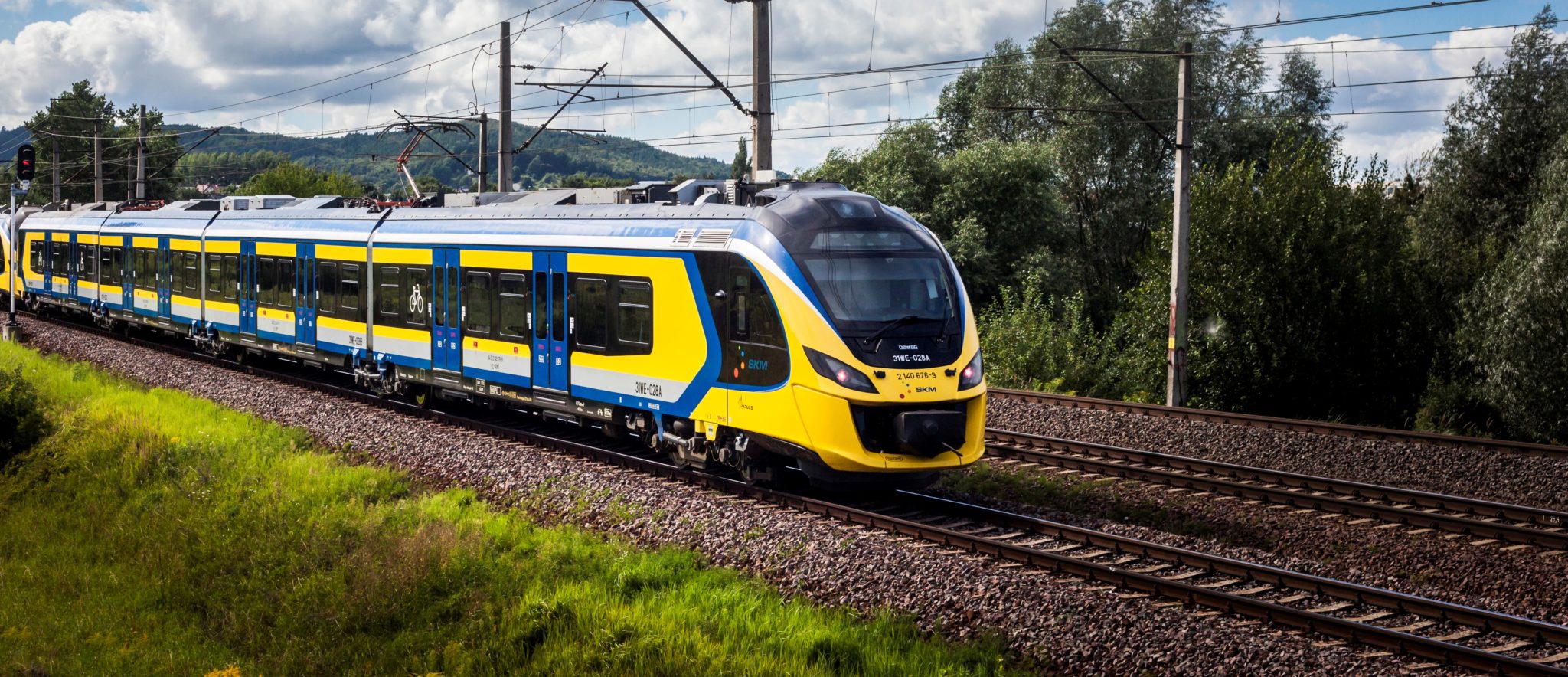
ELENA, how to fight together for a clean environment
The programme aiming to create a single ticket for all means of public transport is not an isolated action limited to the Pomeranian Voivodeship. It is set in the wider context of strategic plans not only for the region and the country, but also for Europe.
The main objective is to create such conditions for the development of public transportso that it becomes the primary means of getting to one's destination - primarily for daily commuting to work, school or university. It is also important to make it more attractive for tourists.
The statistics are not optimistic. In the area of the Pomeranian Voivodeship in the so-called inter-county traffic, more than 70 percent of journeys are made by passenger cars - which is the least ecological way. Especially that such cars are usually driven by only one or two people (1.5 people on average).
Read also: A great success for our company - funds from the ELENA fund for the first time in Poland
This distribution of power causes major cities are in traffic and increases the time taken to reach a destination. However, the most difficult to reverse effect is the disastrous impact on the environment, which is becoming increasingly polluted. Motor vehicles are the biggest source of environmental pollution, adding almost 15 000 different chemical compounds to the pollution.
Road transport modes are responsible for emissions:
- 63 percent of nitrogen oxides,
- approx. 50% of the chemicals are of organic origin,
- approx. 80 percent of carbon monoxide,
- 10-25 percent of particulate matter in the air,
- 6.5 per cent sulphur dioxide.
The European Environment Agency said that cars account for 10-25% of European particulate emissions, but their contribution to urban air pollution at ground level is much higher. This is due to the phenomenon of secondary dusting by the wheels of cars. In addition, combustion vehicles are the largest emitter of toxic chemicals such as: 1,3-butadiene, benzene and numerous dust-related carcinogens.
Measures aimed at relieving the burden on the environment are therefore in the common interest not only of individual cities and regions, but also of neighbouring areas. Therefore, one of InnoBalitca's key activities is to work towards integrating the activities undertaken by various entities for the benefit of environmental protection.
Taking all these considerations into account, InnoBaltica decided to apply for funding under the ELENA financing facility (European Local ENergy Assistance) financing instrument, which provides technical support to, among others, urban transport projects aiming at more efficient energy use. The company's task will be to coordinate three important activities carried out by different entities in Pomerania:
- creating transport hubs,
- implementation of the metropolitan cycling system,
- integration of tolling.
All these measures are intended to help passengers reach their destinations by means of organised transport. Let us recall what they consist of.
The Metropolitan Bicycle will be based on the so-called 4th generation system, i.e. bicycles with an integrated electric lock and GPS module. Thanks to this, they will not require special docking stations and they will be able to be parked using traditional bicycle racks, both the ones currently in operation and the new ones purchased under the project. All bike parking facilities included in the system will be covered by the bike sharing operator's geolocation system and marked accordingly. Each city will receive its own pool of bikes out of the 3866 planned for the project. For example, Gdańsk will have 2160 vehicles, Gdynia - 1100, Sopot - 164, Reda - 39. In the first three centres, 10% of the fleet will consist of electrically assisted bicycles and these will already require special stations allowing them to be charged.to their destination by means of organised transport.
The metropolitan bicycle system (implemented by the association Metropolitan Area of Gdansk Gdynia Sopot) is created as part of a larger project called"integration nodes" together with access routes in the Gdańsk-Gdynia-Sopot metropolitan area". According to the assumptions of this extensive project the public bicycle (which by definition is not a tourist bicycle, but a transport bicycle) is to supply the integration nodes and the areas within a radius of 5 km around each of them. This means that residents will be able to conveniently combine different means of transport and, on their way to work, change from bicycle to train or bus. An additional improvement will be the integration of the cycling system with the metropolitan ticketing system.
In order for the whole system to operate even more efficiently, it is necessary to integrate the entire Pomeranian public transport fare collection system, which in turn is the subject of one of the projects being prepared under the InnoBaltica programme called "Implementation in the Pomeranian Voivodeship of a common system for all transport organisers and carriers to collect fares for public passenger transport and a system of unified passenger information".
Using data from the Provincial Inspectorate for Environmental Protection and the Polish Ecological Club

